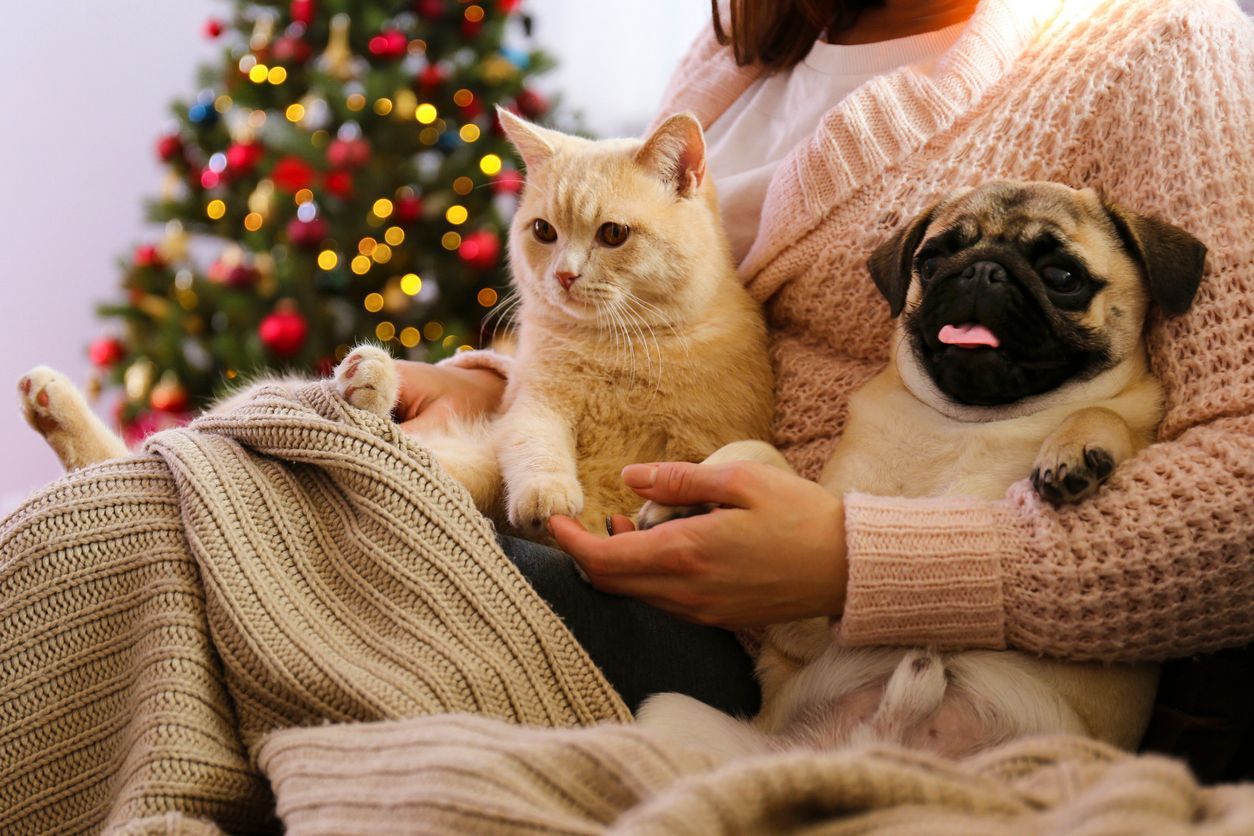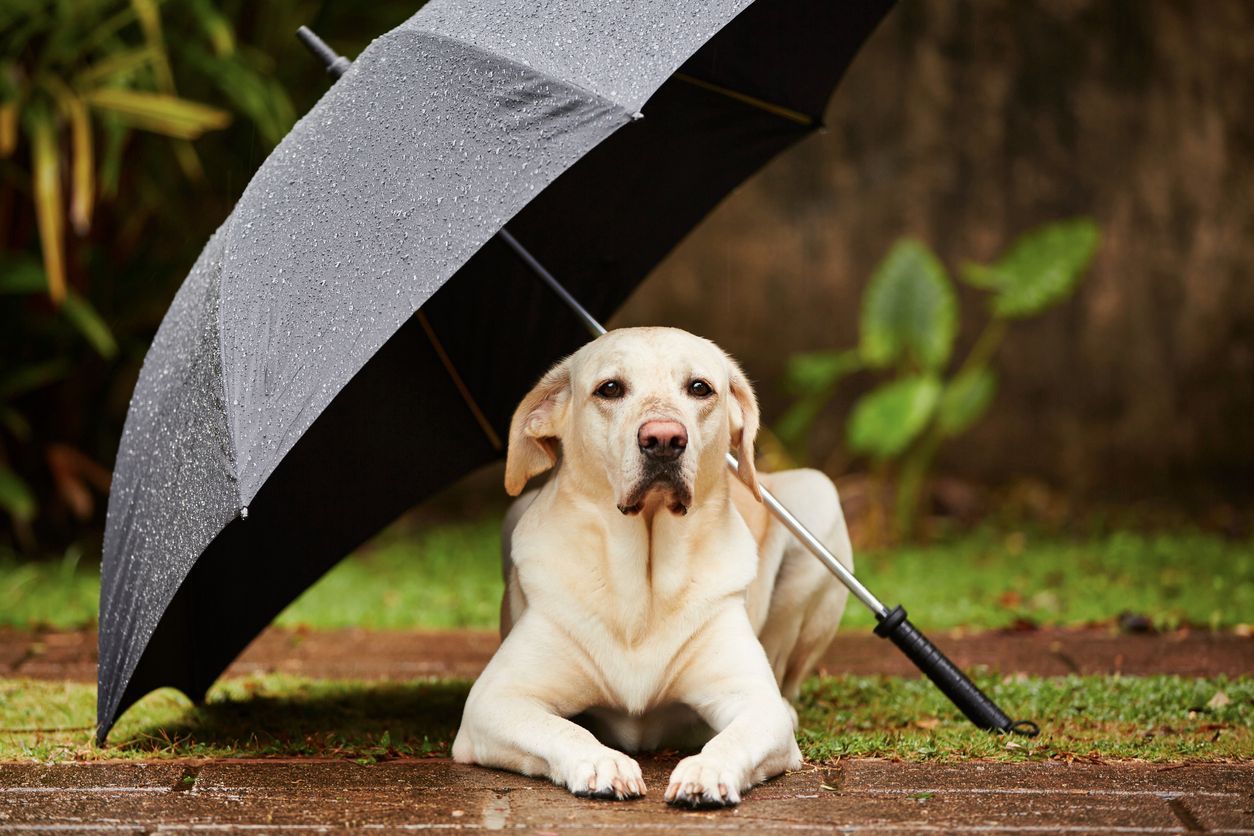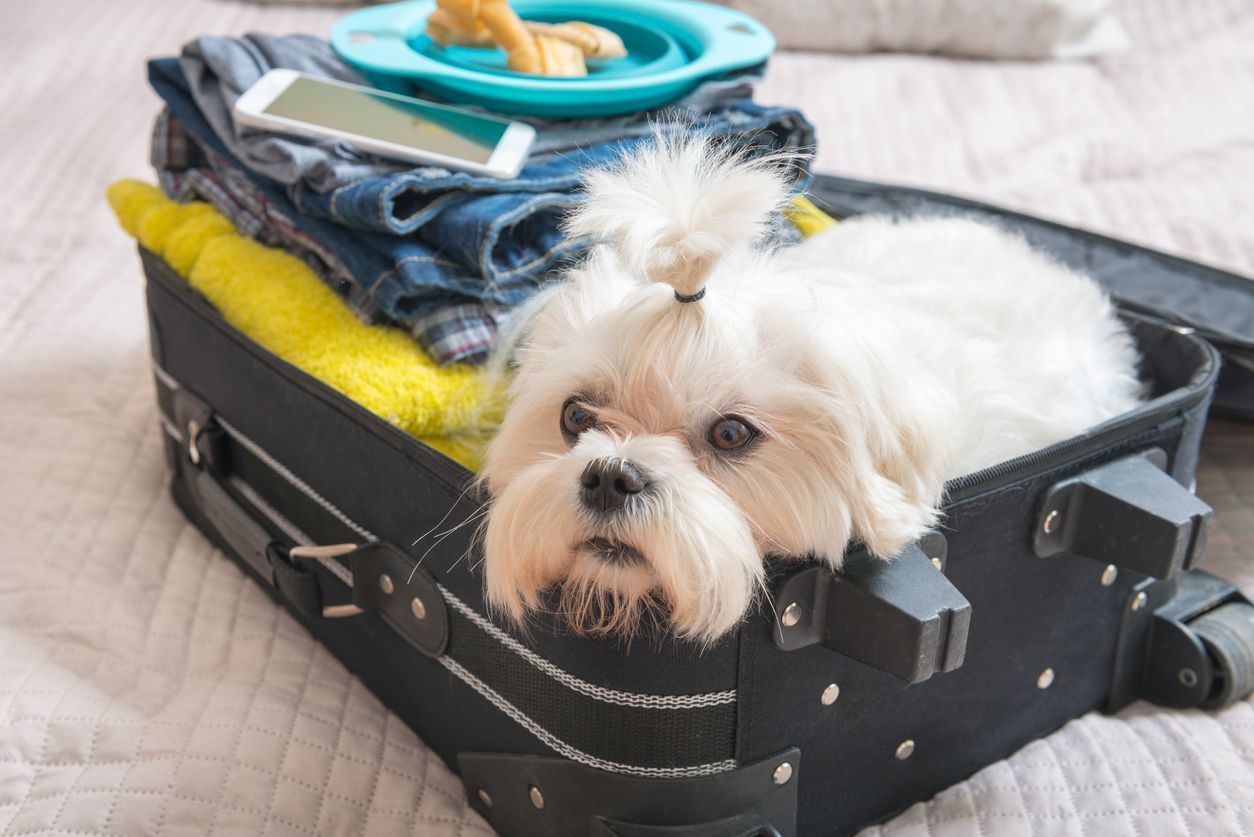From cats to rats: Best companion pets to love this holiday season

Charlie Brown has Snoopy. Calvin has Hobbes. Harry has Hedwig. And you?
Many of us feel incomplete without an animal companion. And the benefits of having one can be significant: they can help you live longer, decrease cholesterol, manage depression, and even improve social-emotional skills in children.
They’re also just plain fun.
So are you searching for that perfect furry pal this holiday season? Great! We’ll discuss some of the best companion pets, to help you find the best fit in time for the new year.
Dogs
Florence Nightingale and Sigmund Freud recognized the positive effects of animal companionship. But it takes no scientific expertise whatsoever to understand that we have a special bond with dogs.
Humans and dogs go together like chocolate and peanut butter. People first started domesticating dogs around 15,000 years ago (during the Bronze Age) for both work and companionship, and since then have continued to breed them according to working needs and temperament preferences. The result? The friendliness and unwavering loyalty we can count on from our canine companions.
Companion dog breeds
Dogs are typically bred for either work or companionship. Breeds that combine a bit of both include:
- German shepherd
- Labrador retriever
- St. Bernard
- Border collie
“Lapdogs” are bred specifically for companionship. These small pals may be a good fit for children or the elderly. Such breeds include:
- Havanese
- Chihuahua
- Smaller spaniels
- Bichon frise
- Yorkshire terrier
Companionship is more about personality fit than breed specifically. So the best best friend for you may be large, small, or a blend of breeds.
To determine which dog is the best fit for you, consider your needs, energy level, and housing situation. Lapdogs need play and socialization, but they’ll also demand lots of quiet cuddle time. Work-companion dogs generally require more space. They’re large, energetic, and smart, so you need to tire them out both physically and mentally. Large dogs cuddle too, to be sure. But small children are likely to have a harder time holding a German shepherd on their lap.
Cats
Some people — perhaps self-identified “dog people” — may think of cats as asocial and temperamental. But that’s not really the case. Dogs love openly, plainly, and unselfconsciously. Cat affection can look different. For some cats, it may be much subtler. To show they love you, cats may:
- Headbutt you
- Rub their cheeks against you
- Twine around your legs
Plenty of cats want your attention too, they just want to decide when. Whereas dogs want to please you and may enjoy cuddles anytime, cats want to do what they want to do. So you may need to wait for them to initiate the cuddles.
Those who have only had dogs may find this behavior confusing at first. But once you understand a cat’s personality, you’ll see why so many people enjoy cat companions.
Some of the more common cuddly cat breeds include:
- Domestic shorthair
- Domestic longhair
- Maine coon
- Russian blue
- Ragdoll
Rabbits
It might not be the best idea to surprise an excitable child with a rabbit for Christmas. Rabbits are naturally skittish and likely to interpret intensity in movement and volume as a threat.
But that’s not to say rabbits aren’t social animals. They can make great companions. They interact well with families, and even other animals, so long as the environment you bring them into is generally calm.
And they can be trained to use litter boxes. That’s right, rabbits are trainable and, in a sense, not too different from cats or dogs behavior-wise. They’ll sit in your lap, lick you to show you they love you, and hop about happily when treats are offered.
Rabbits do require a different kind of care, however. They’ll need to be penned in, but not in too small a space. They’re active creatures, and until they’re trained, can be quite messy. Leafy greens make up their diet for the most part. And they don’t have those big buck teeth for nothing. Provide plenty of chewable toys to keep them busy just as you would for a puppy or kitten.
Small mammals
Not sure you’re ready for the commitment dog, cat, or rabbit ownership calls for? No problem. You have plenty of small-mammal options for your next companion. Let’s check out some smaller, low-maintenance pets that like to cuddle.
Rats
The most common form of domesticated rat is called, wonderfully enough, a Fancy rat. These rats are bred for companionship.
Rats can be great for someone who lives in a small space, requires quiet, and simply wants a low-maintenance, cuddly pet.
Unfortunately, rats only live for two or three years. So you’ll need to understand how you process pet grief if you plan to own a series of rats throughout your life.
The American Fancy Rat & Mouse Association (AFRMA) recognizes seven rat classifications:
- Standard: short-coated and glossy
- Rex: curly-haired and -whiskered
- Satin: thin, long-ish coat
- Bristle coat: coarse-haired
- Tailless
- Hairless
- Dumbo: their ears on the side of their heads rather than the top
Deciding which is best for you is down to which one you would prefer to cuddle with.
Guinea pigs
Guinea pigs are large rodents with an even bigger personality. They’re highly vocal, they’ll hop up and down when happy, and they can even be taught how to run through mazes for food. Plus, they’re silky soft, making them one of the best small pets for cuddling.
Guinea pigs can’t be housetrained, however, and are generally quite messy. Males mark their territory by urinating on the ground and dragging their body through it, so they’re usually kept in cages.
They’re also social animals who are quite curious. They like to investigate new places before settling down in your lap, and can be quite needy. In response, many people opt to get another guinea pig to keep the first one company while they’re away.
Guinea pigs live for about five to seven years, which is about as long as the average lifespan for a Great Dane. You won’t need the same emotional resilience as if you owned a rat, but you also likely won’t enjoy the same length of lifespan as the average housecat.
Which pets are most affectionate?
There are many benefits to living with a cuddly pet. Dogs are commonly regarded as the most affectionate pets. But all the animals listed above are affectionate companion animals — they just may show affection differently or require longer socialization periods to get into a cuddly groove.
Be sure you aren’t bringing a new pet into a noisy or chaotic environment. After all, a nervous pet won’t be inclined to cuddle.
Best companion pets for people who travel
Pet owners have a choice to make when traveling: bring Fluffy along or leave them at home. And that choice depends upon your method of travel, as well as your pet’s size and temperament.
If you travel by car, any of the above pets can make good traveling companions (assuming their individual temperament allows for it). Some pets don’t seem to like riding in cars; some get sick, some fearful, and others are too interested in the world going by their window to quiet down enough for you to safely operate a car.
Traveling by plane is different. More and more airlines are allowing pets in-cabin. But most restrict that privilege to cats and small dogs. There are, however, a few airlines that allow rodents in-cabin, such as:
- Finnair
- Air Europa
- Frontier
Many large hotel chains are pet-friendly nowadays, and as long as you have the proper kennel or carrier they don’t have issues with rodents and larger dogs.
If you travel often and it’s not feasible to bring your little pal along with you, you may want to consider getting a lower-maintenance, smaller pet. Guinea pigs and rats do well in pairs or groups. Given enough room, and an interactive feeder, they can get by without you for a while.
Cats, while loving, have more of an independent streak, so they may not even notice when you’re gone on short trips. But they’ll definitely notice when the food bowl is empty, so be sure to make boarding arrangements if you’ll be gone for more than a couple days.
Considerations before you adopt
A pet is a family member you choose, so choose one that’s a good fit for your lifestyle. To do so, ask yourself:
- Can I handle a high-maintenance pet?
- Do I travel more than once a month?
- Do I frequently prefer one type of animal over others?
Children also add another dimension to the equation.
It’s a thrill to see a child’s face light up when they receive a Christmas pet, but they may quickly tire of the responsibility involved in caring for an animal. When that happens, you’ll have to take over. Are you willing to step in when the novelty fades?
Still debating which pet is best for your living situation? Book an online virtual care appointment with Vetster. A veterinary professional can help you determine the best fit and give you details on the exact kind of care the animal of your choice will need.
Once you’ve brought your new best friend home, sleep easy knowing that qualified vets are available 24/7 on Vetster. Whether you’ve got early morning questions or late-night concerns, our vets are happy to help you along the road of pet parenthood.



